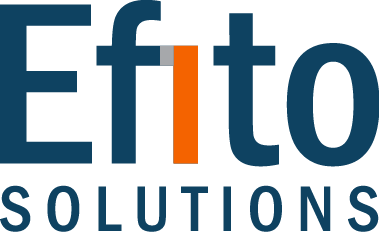

Artificial intelligence (AI) is making significant strides in the field of healthcare, transforming the way medical professionals diagnose, treat, and interact with patients. Among the notable advancements is Google's medical AI chatbot, an innovative tool that utilizes AI algorithms to provide valuable medical insights and support. In this blog post, we will delve into the capabilities of Google's medical AI chatbot, its potential benefits, and the impact it could have on the future of healthcare.
Understanding Symptoms and Conditions: Google's medical AI chatbot leverages its vast knowledge base and sophisticated algorithms to provide accurate and reliable information on symptoms, diseases, and medical conditions. By utilizing natural language processing and machine learning, the chatbot can understand and interpret users' queries, offering relevant and personalized responses. This capability empowers individuals to access medical information and gain a better understanding of their health concerns.
Personalized Health Recommendations: Beyond symptom understanding, Google's medical AI chatbot can offer personalized health recommendations based on the information provided by users. By analyzing user input, medical history, and other relevant data, the chatbot can suggest potential causes for symptoms, recommend self-care measures, or advise when seeking professional medical attention is necessary. These personalized recommendations can empower users to make informed decisions about their health and well-being.
Efficient Triage and Healthcare Guidance: The medical AI chatbot has the potential to streamline the triage process by assisting healthcare providers in assessing the urgency and severity of patient symptoms. By gathering patient information and presenting it in a concise manner, the chatbot can help prioritize cases, potentially improving efficiency and reducing waiting times. Additionally, the chatbot can provide guidance to patients, offering preliminary advice while they await professional medical attention.
Access to Reliable Medical Information: One of the significant advantages of Google's medical AI chatbot is its ability to provide access to reliable medical information. By leveraging Google's extensive knowledge base, which includes verified medical sources and reputable publications, the chatbot can offer trustworthy information to users. This helps combat misinformation and ensures that individuals can make informed decisions about their health, backed by reputable sources.
Challenges and Considerations: While Google's medical AI chatbot presents promising possibilities, it's important to recognize certain challenges and considerations. AI chatbots cannot replace professional medical advice or diagnosis. They should be seen as complementary tools that can assist individuals in gaining preliminary insights and understanding their health concerns. Furthermore, privacy and data security should always be a priority when utilizing such chatbot services, with robust measures in place to protect sensitive user information.
Conclusion: Google's medical AI chatbot represents a remarkable advancement in the intersection of AI and healthcare. By leveraging sophisticated algorithms, natural language processing, and a vast knowledge base, the chatbot can provide valuable medical insights, personalized recommendations, and reliable information to users. While it is not a substitute for professional medical advice, it serves as a tool to empower individuals and support healthcare providers in triage and preliminary guidance. As the field of AI in healthcare continues to evolve, Google's medical AI chatbot holds great potential to revolutionize patient care and improve access to accurate medical information.